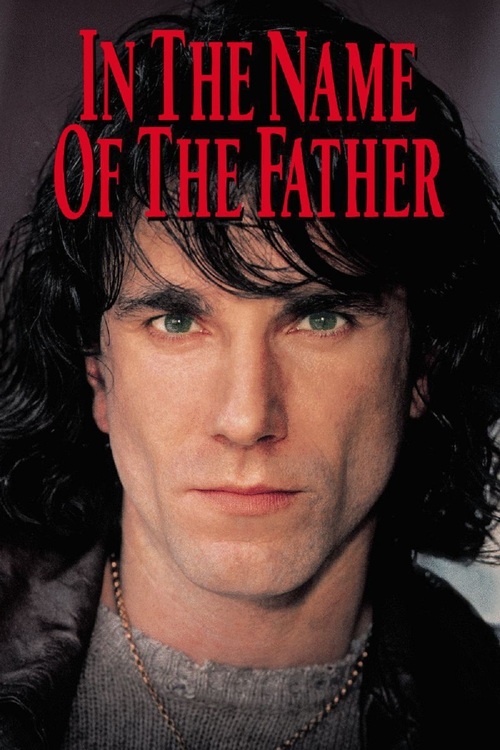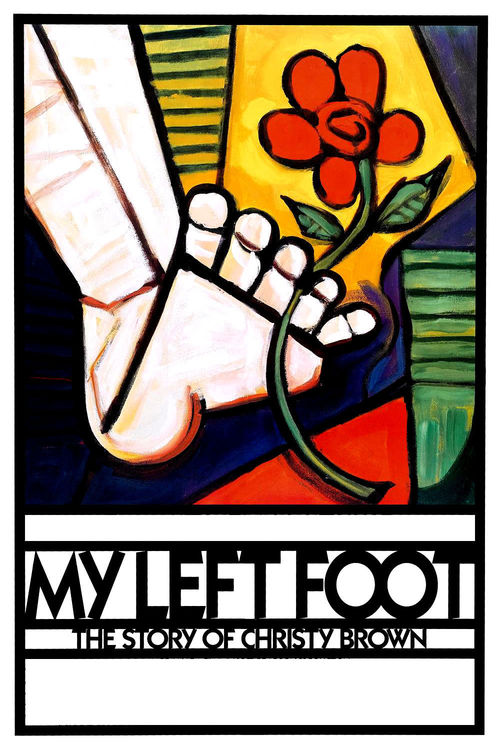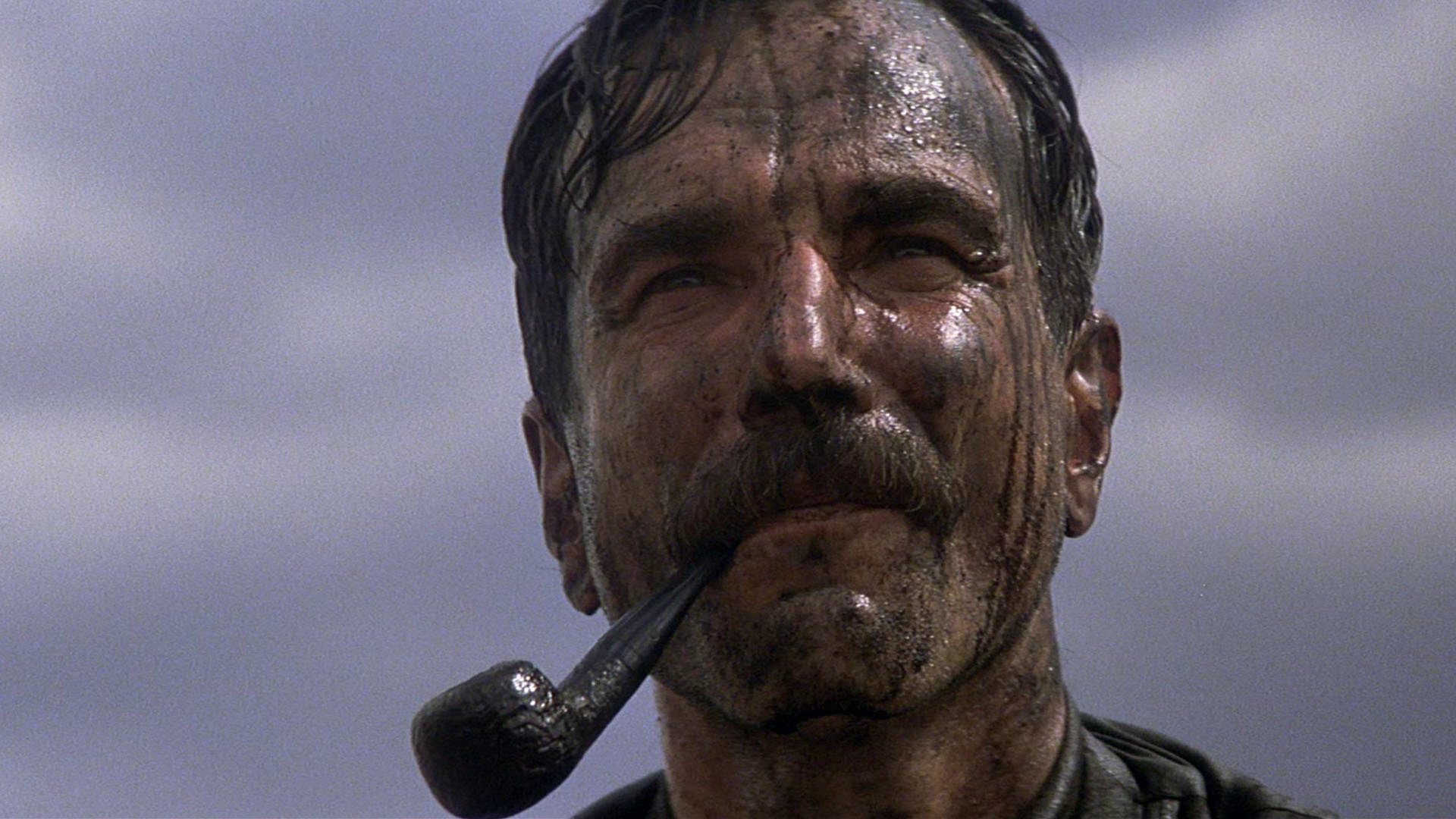 Daniel Day-Lewis stands among the greatest living screen actors ever to grace the silver screen. His success is in no small part thanks to the other-worldly level of dedication he brings to his roles. In fact, Day-Lewis approaches method acting with a "method" all his own.
Daniel Day-Lewis stands among the greatest living screen actors ever to grace the silver screen. His success is in no small part thanks to the other-worldly level of dedication he brings to his roles. In fact, Day-Lewis approaches method acting with a "method" all his own.
That method can be more than a little off-putting for his co-workers. In “There Will Be Blood,” actor Kel O’Neill was halfway through the 60-day shoot when director Paul Thomas Anderson replaced him with Paul Dano, who played lead antagonist Eli Sunday. Why leave an obvious award-winning film filled with Oscar-winning actors and crew?
It seems Mr. Day-Lewis would not stop intimidating his on-screen nemesis between takes, staring him down and otherwise bullying the actor throughout the shoot. Nerves shot, O’Neill took a well-deserved rest cure. Day-Lewis would not (or could not) "turn off" his method, even between scenes – even when a fellow actor was driven to flee in his presence. It's as disturbing as it is impressive.
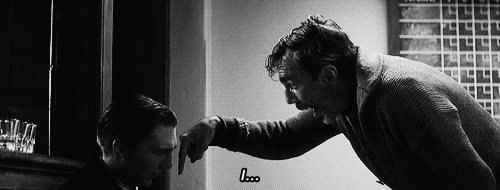
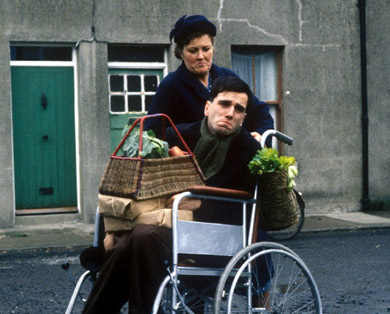
That’s just the beginning. In “My Left Foot,” Day-Lewis reportedly exasperated crew-members by refusing to exit his wheelchair. Production members were pressed into service as porters, hoisting Day-Lewis up in a makeshift palanquin to reach wheelchair-unfriendly sets. Several hernia lawsuit rumors later, and the actor was passed over for the lead in the “Ironside” revamp for TV. It’s also no coincidence that he wasn’t asked to star in “The Diving Bell and the Butterfly.”
During another notorious session, Day-Lewis prepared himself for “In the Name of the Father” by subjecting himself to 72 hours’ worth of solitary confinement inside the abandoned prison in which they were shooting. Reportedly, he used the time to catch up on his back taxes. Even after solitary confinement, Day-Lewis still felt he hadn't gotten into the right "prisoner" mindset, so he had crew members scream dirty language in his face and randomly pour freezing water over his head. It's a wonder this man didn't get pneumonia!
Oh wait, he did get pneumonia – in preparation for the middling "Gangs of New York."
If this is the level of commitment it takes, we can start to understand why not just anyone can win three Oscars and reach the summit of his profession. We’re just glad we only have to watch him... not carry him.
